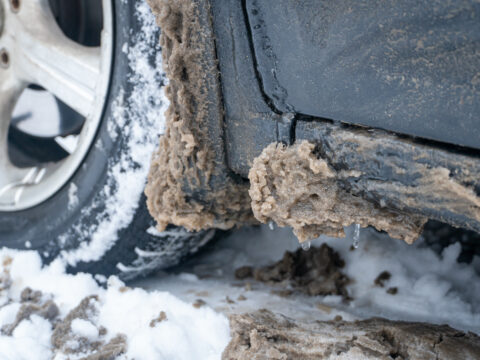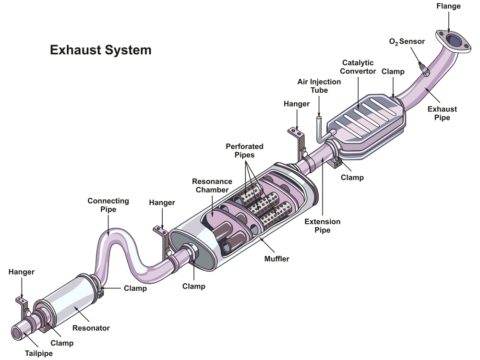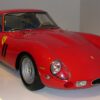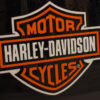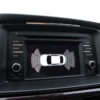When you put your foot down on the brakes you expect your car to quietly slow down and come to a stop. The power your foot applies on the brake pedal is assisted by hydraulic pressure. Your foot’s force engages a piston and caliper with brake pads attached (bonded abrasive and heat resistance metal or ceramic) to put pressure on the rotor. This pressure on the rotor slows the wheels down and stops your car. When you apply the brakes you should hear minimal if any metal to metal noise.
Typically first sign of brake-pad wear is a high-pitched squealing. This sound may come from a soft-metal wear indicator that rubs against the brake rotor to alert the driver that a change of brake pads is needed. A metallic grinding sound means that brake pads may be damaging the brake rotors.

